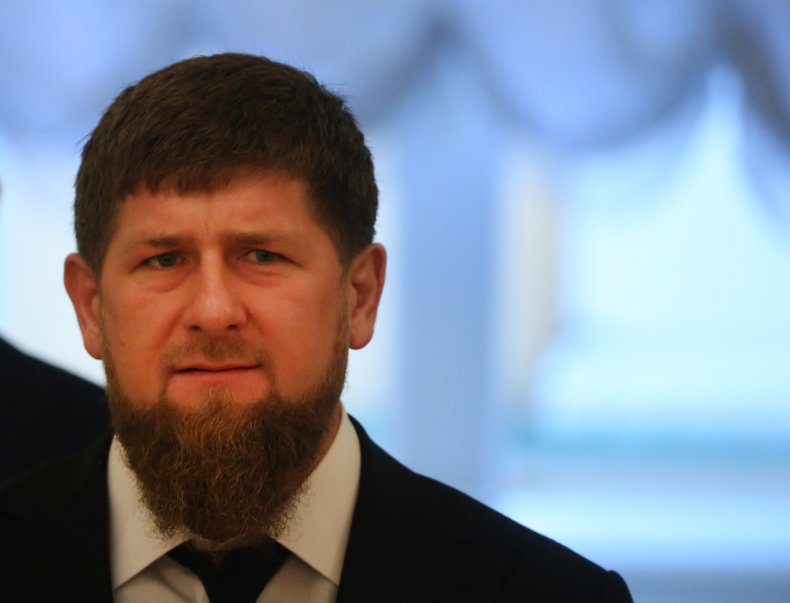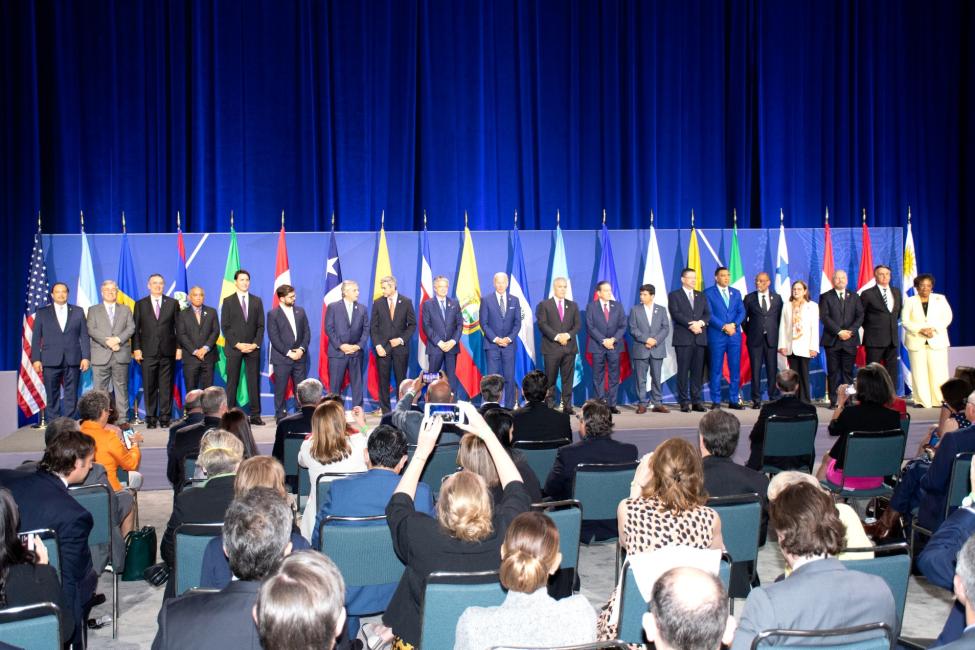Authorities in a part of Ukraine seized by Russia are using "cunning schemes" to avoid Western sanctions and sell grain to North America and other parts of the world, Russian state-run RIA news agency reported on Friday.
Reuters | Moscow | Created: 11-06-2022
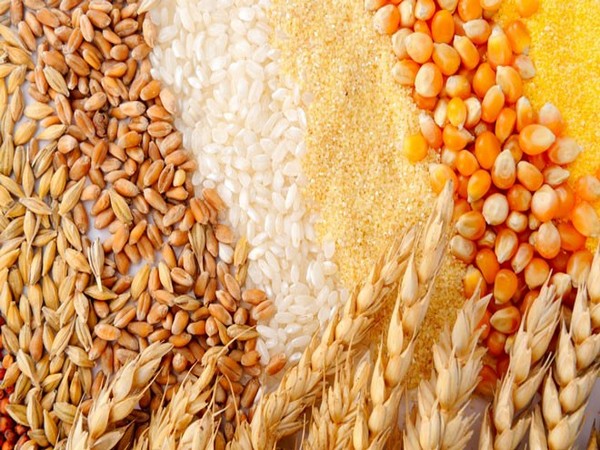
Authorities in a part of Ukraine seized by Russia are using "cunning schemes" to avoid Western sanctions and sell grain to North America and other parts of the world, Russian state-run RIA news agency reported on Friday. Ukraine has accused Russia of stealing grain from the territories Moscow occupied since launching what it calls a special military operation in February. The war threatens to cause severe food shortages as Russia and Ukraine account for about 29% of global wheat exports
Vladimir Rogov, a member of the administration in the southeastern Zaporizhzhia region of Ukraine, was quoted by RIA as saying grain was also being sold to Middle Eastern and African nations. "They are afraid of sanctions but nevertheless buy our grain with joy - of course, through intermediaries and cunning schemes," RIA quoted Rogov as telling Russian television.
Rogov said there were 1.5 million tonnes of grain in the region, RIA added. He did not say whether any of the grain had been delivered to customers. Last week the Ukrainian embassy in Beirut said Russia had sent its ally Syria an estimated 100,000 tonnes of stolen wheat, describing the shipments as "criminal activity".
Russia and Ukraine are in a deadlock over grain exports from Ukrainian ports. Russia has seized large parts of Ukraine's coast, blocking farm exports and driving up the cost of grain. Moscow blames the food crisis on sanctions restricting its own grain exports.
Russia-Ukraine war: Turkey seeks 25 percent discount from Kyiv over grain deal
Grain would be transferred from the port of Odessa to Istanbul in a joint deal between Ankara, Kyiv and Moscow

Prior to Russia’s invasion in February, Ukraine was a major exporter of wheat and sunflower oil
By Ragip Soylu in Ankara
Published date: 7 June 2022
Turkey is seeking a 25 percent discount on Ukrainian grain that would be transferred from the port of Odessa to Istanbul in a joint deal between Ankara, Kyiv and Moscow, senior Turkish officials said this week.
Vahit Kirisci, the Turkish agriculture minister, told journalists over the weekend that Ukraine had continued to voice its concerns over the demining of the port - in order to transfer around 25 million tonnes of grain - due to possible Russian naval attacks afterwards.
“However Ukraine agreed to give a 25 percent discount on the grain to us if the deal goes forwards,” said Kirisci.
The Turkish military has offered to remove the naval mines planted by Ukraine, as well as guard the grain ships off Odessa.
Anadolu, the Turkish public news agency, reported that a command centre in Istanbul would be established to oversee the grain operation.
However, Kyiv continues to be sceptical about Russian intentions.
A naval blockade by Moscow has disrupted the whole grain chain of exports and threatened global food security, with the United Nations voicing alarm.
Many Middle Eastern countries, including Egypt, Tunisia, Algeria and Turkey, depend on Ukraine grain exports.
'We cannot trust Putin'
Sergei Lavrov, Russia's foreign minister, will visit Ankara on Wednesday to discuss the issue.
However, Volodymyr Zelensky, Ukraine's president, said on Monday that Kyiv had not been invited to the talks.
“Putin says he will not use trade routes to attack Odessa,” said Ukrainian Foreign Minister Dmytro Kuleba in a tweet on Monday.
“This is the same Putin who told German Chancellor Scholz and French President Macron he would not attack Ukraine - days before launching a full-scale invasion of our country. We cannot trust Putin, his words are empty.”
Turkish experts believe Ankara will not be unduly troubled even if the Ukrainian grain deal falls apart.
Delicate balance
On Friday, during a news conference marking the 100th-day since the conflict began, Ukraine's ambassador to Turkey accused Russia of "stealing" Ukrainian grain and sending it abroad.
Russia is shamelessly stealing Ukrainian grains and getting it out from the invaded Crimea," Vasyl Bodnar told reporters in the Turkish capital.
Russia-Ukraine war: Turkey facilitating talks to establish safe corridor for grain exportsRead More »
"These grains are being shipped to foreign countries, including Turkey.
"We have made our appeal for Turkey to help us and, upon the suggestion of the Turkish side, are launching criminal cases regarding those stealing and selling the grains."
The Ukrainian embassy in Ankara later said the vessels involved in the stolen grain shipments were the Nadezhda, Finikia, Sormivskiy, Vera, and Mikhail Nenashev ships. Reuters was not able to independently verify the embassy's claims.
So far, Ankara has maintained a delicate balance between Kyiv and Moscow.
Turkey has delivered combat drones to Ukraine and has sought to act as a mediator in the conflict.
But it has also refrained from placing sanctions on Russia, which it relies on for grain and energy.
Russia-Ukraine: Ambassador accuses Moscow of exporting 'stolen' grain to Turkey
Vasyl Bodnar said grain was being shipped out of Crimea and Kyiv was working with Ankara and Interpol to find the culprits

Before Russia’s invasion in February, Ukraine was a major exporter of wheat and sunflower oil (AFP)
By MEE and agencies
Published date: 4 June 2022
Ukraine's ambassador to Turkey has accused Russia of "stealing" and sending Ukrainian grain abroad to countries that include Turkey, during a news conference marking the 100th-day since the conflict began.
Speaking in Ankara on Friday, Vasyl Bodnar said Russia was shipping the stolen grain out of Crimea, which it annexed in 2014, and added that Kyiv was working with Turkey and Interpol to find the culprits.
"Russia is shamelessly stealing Ukrainian grains and getting it out from the invaded Crimea. These grains are being shipped to foreign countries, including Turkey," he told reporters in the Turkish capital.
"We have made our appeal for Turkey to help us and, upon the suggestion of the Turkish side, are launching criminal cases regarding those stealing and selling the grains," he said.
The Ukrainian Embassy in Ankara later said the vessels involved in the stolen grain shipments were the Nadezhda, Finikia, Sormivskiy, Vera, and Mikhail Nenashev ships. Reuters was not able to independently verify the embassy's claims.
On Tuesday, Turkish Foreign Minister Mevlut Cavusoglu said Ankara was in talks with Moscow to establish a safe corridor for blocked Ukraine grain exports via Istanbul.
Putin floats Belarus solution
Before Russia's invasion in February, Ukraine was a major exporter of wheat and sunflower oil. However, Russia's army has seized much of the country's southern coastline and Russian warships control access to Ukraine's Black Sea ports.
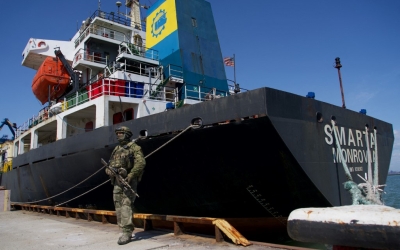
Russia-Ukraine war: Turkey facilitating talks to establish safe corridor for grain exports Read More »
More than 20 million tonnes of grain are now stuck in silos in Ukraine, which has had a knock-on effect on many countries in the Middle East and Africa that have suffered a shortage and a subsequent rise in food prices.
However, Russia’s President Vladimir Putin denied on Friday that Moscow was preventing Ukrainian ports from exporting grain, blaming rising food prices on the West.
Speaking on national television, Putin said: "We are now seeing attempts to shift the responsibility for what is happening on the world food market, the emerging problems in this market, onto Russia."
He said the best solution would be for western sanctions on Russian ally Belarus to be lifted and for Ukraine to export grain through that country.
Balancing act
So far, Ankara has maintained a delicate balance between Kyiv and Moscow.
Turkey has delivered combat drones to Ukraine and has sought to act as a mediator in the conflict. But it has also refrained from placing sanctions on Russia, which it relies on for grain and energy.
At the request of the United Nations, Ankara has offered to help secure maritime corridors for the export of Ukrainian grain.
The Russian foreign minister, Sergei Lavrov, will be in Turkey on Wednesday to discuss the issue.
Since the war began in February, thousands of people have died and millions have been uprooted from their homes.
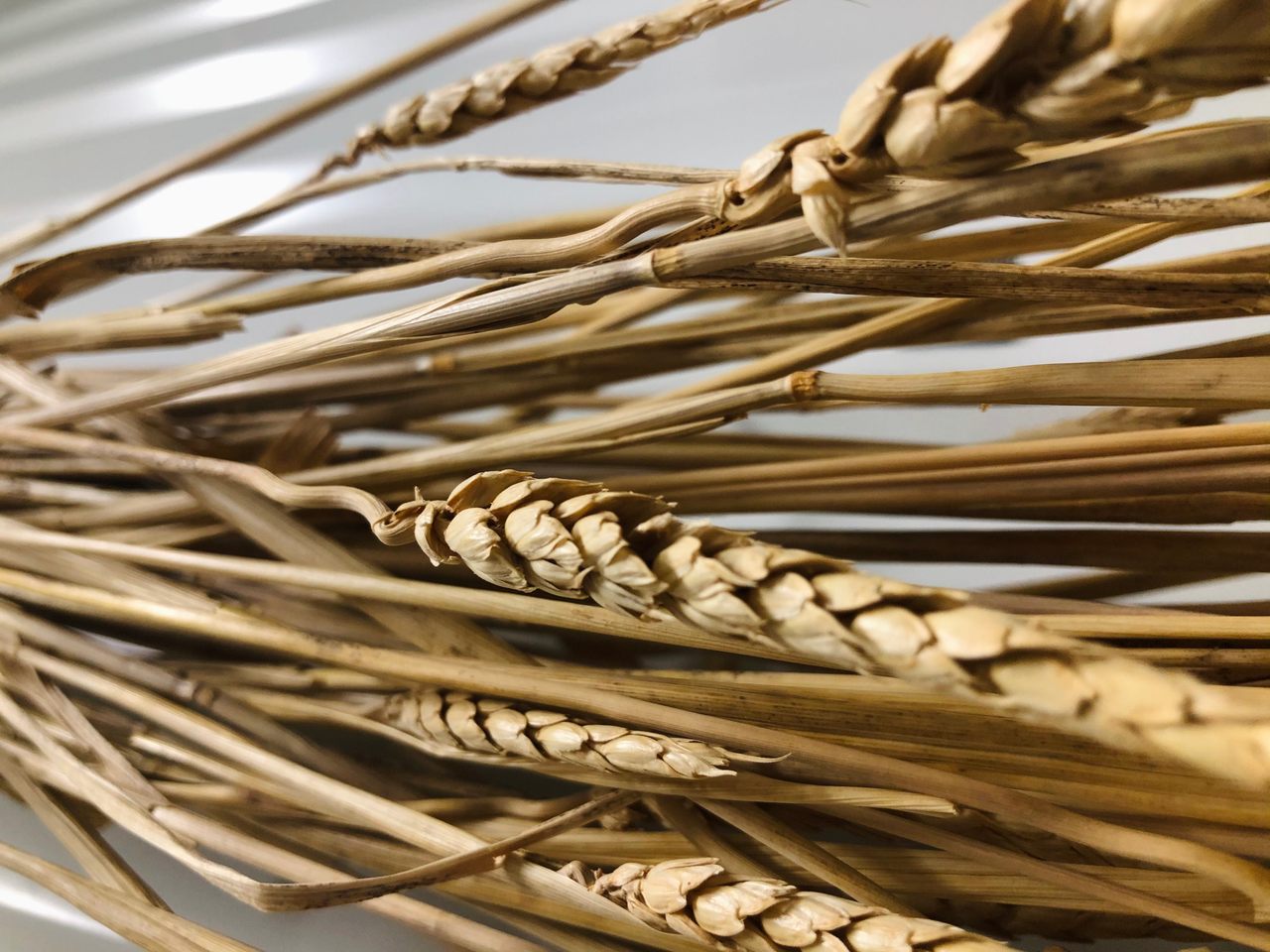

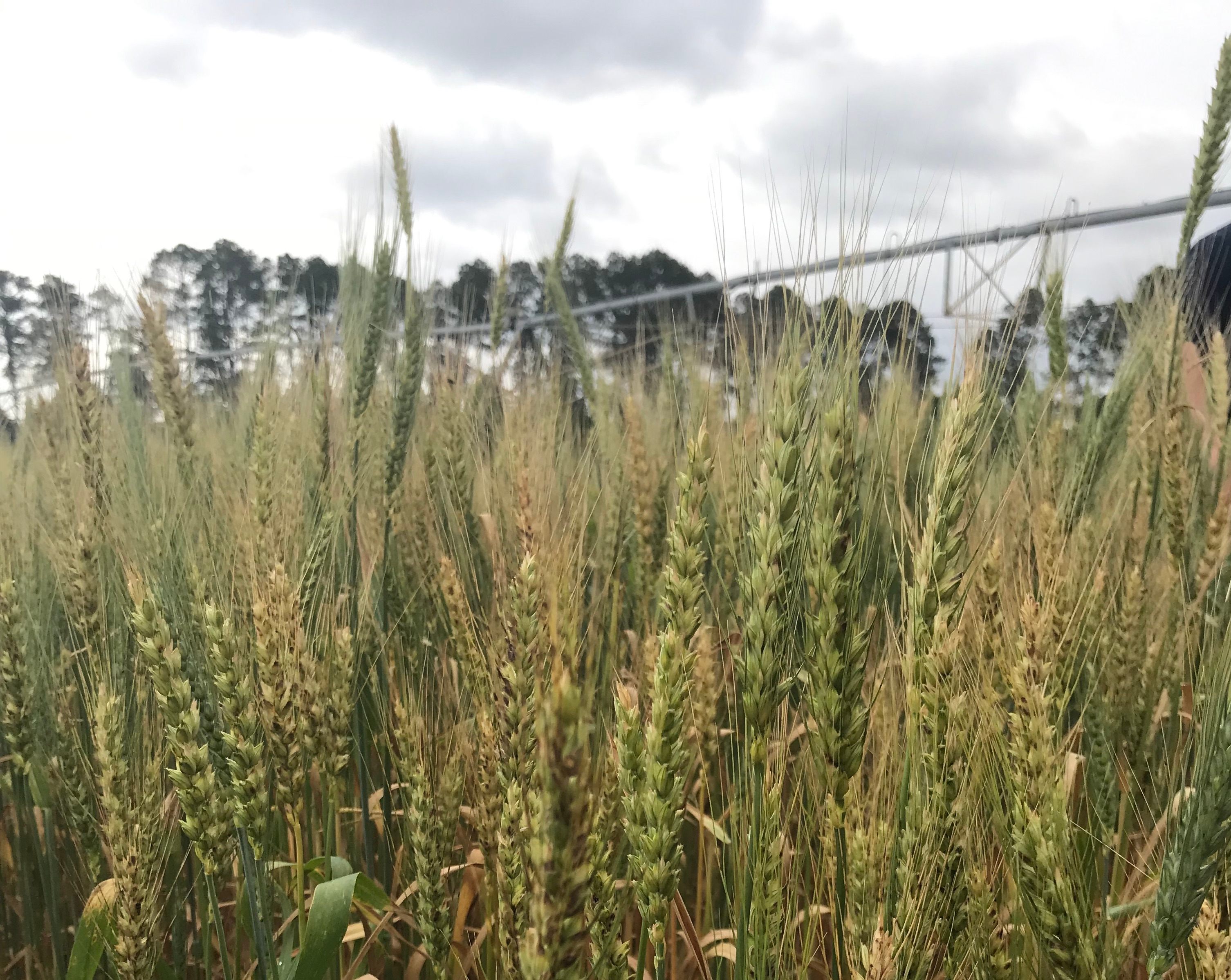
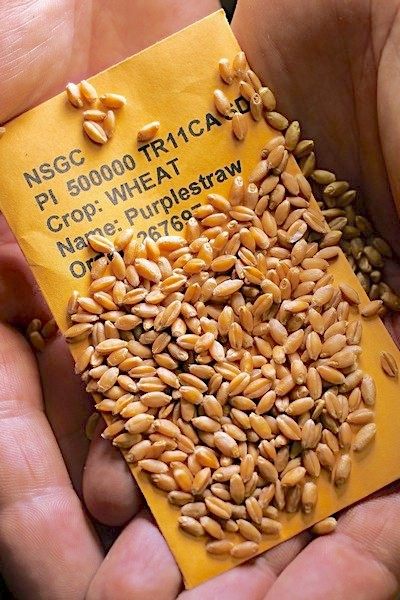




















/cloudfront-ap-southeast-2.images.arcpublishing.com/nzme/UHTZRVTQBCI6RZN5VSQUK3BRW4.jpg)
/cloudfront-ap-southeast-2.images.arcpublishing.com/nzme/2QWQKWCYQ73GNEHJIHCNLHBATE.jpg)
/cloudfront-ap-southeast-2.images.arcpublishing.com/nzme/QRJA5WJCLUNHRDU67NTKDPLKFI.jpg)
